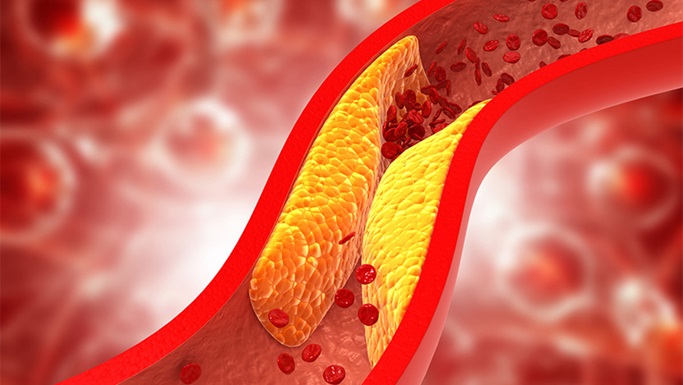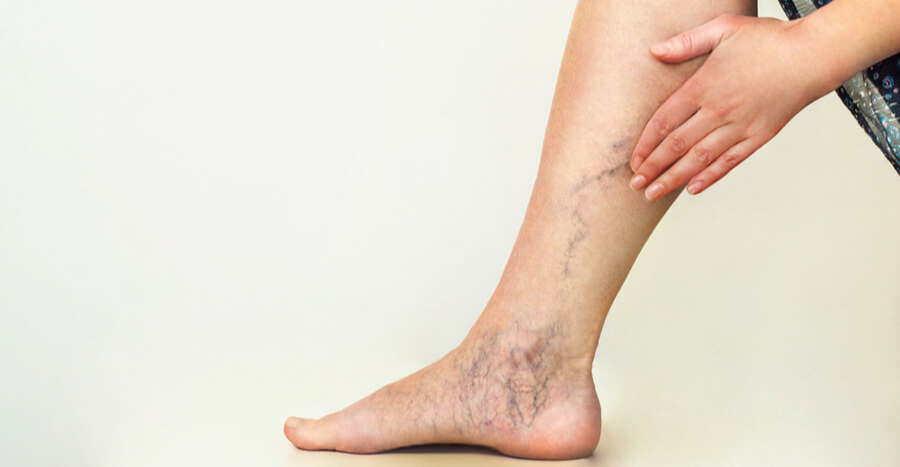
Vascular Disease
When left untreated, vascular disease can cause serious problems for your health – including a heart attack or stroke. At Sam Houston Heart and Vascular in Houston and Spring, Texas, heart and vein specialist Bashir Al Kaddoumi, MD, FACC, FSCAI, can diagnose and treat vascular disease to reduce your risk of complications. Call the office nearest you for an appointment or book online today.
What is vascular disease?
Vascular disease causes problems with the network of blood vessels in your body, including your arteries, veins, and capillaries. Veins carry blood to your heart, and arteries carry oxygen-rich blood from your heart to other tissues and organs. Vascular disease affects blood vessels and may increase your risk of heart attack, stroke, heart failure, and limb amputation.
What are common vascular diseases?
Examples of vascular diseases you (or a loved one) might encounter at some point during your lifetime include:
- Blood clots
- Atherosclerosis
- Aneurysm
- Coronary artery disease (CAD)
- Carotid artery disease
- Stroke
- Vasculitis
- Varicose veins
- Peripheral artery disease (PAD)
- Chronic venous insufficiency
- Lymphedema
Symptoms of vascular diseases vary, depending on the type you have. You might not experience any symptoms, or you may have chest pain, shortness of breath, aching legs, tingling, or visible vein changes.
What are the risk factors for vascular disease?
Anybody can develop vascular disease, but certain factors boost your risk. Examples include:
- Older age
- High cholesterol
- High blood pressure
- Poor dietary habits
- Lack of physical activity
- Some medications
- Infections
- Diabetes
- Family history of vascular disease
- Pregnancy
- Obesity
- Smoking
Sitting or standing for long time periods may also increase your chance of vascular problems.
The best way to reduce your risk of vascular disease is to eat healthy foods, maintain an ideal body weight, don’t smoke, exercise regularly, and properly manage a chronic disease if you have one.
How does my provider diagnose vascular disease?
Dr. Al Kaddoumi can diagnose the type of vascular disease you have. He reviews your medical history, asks about symptoms you might experience, and completes a physical examination. He might recommend you undergo an ultrasound, other imaging procedures, heart function tests, or blood tests.
What are common vascular disease treatments?
In addition to recommending healthy lifestyle changes, Dr. Al Kaddoumi might prescribe medications for you. Examples include blood thinners, cholesterol-lowering medicines, clot-dissolving medicines, or blood pressure-lowering medications.
He might use a catheter to inject medicine into a blood vessel or complete a minor surgical procedure to open blood vessels, remove varicose veins, or repair tissues to improve blood flow.
If you’re at risk of vascular disease, don’t let it go undetected and untreated. Schedule an appointment with Sam Houston Heart and Vascular by phone or book online today.



